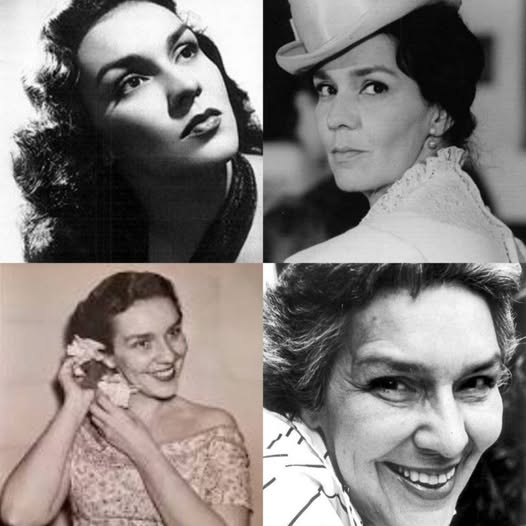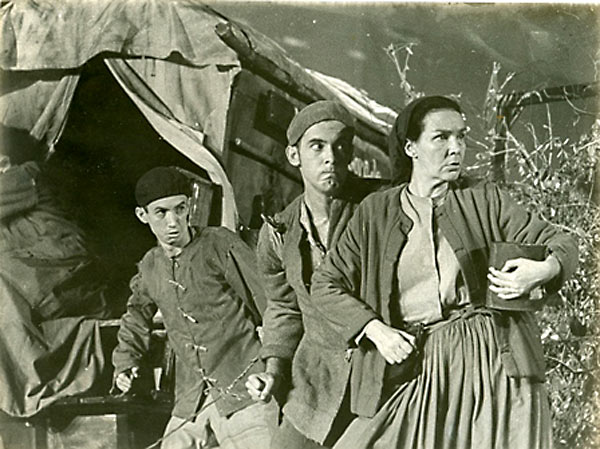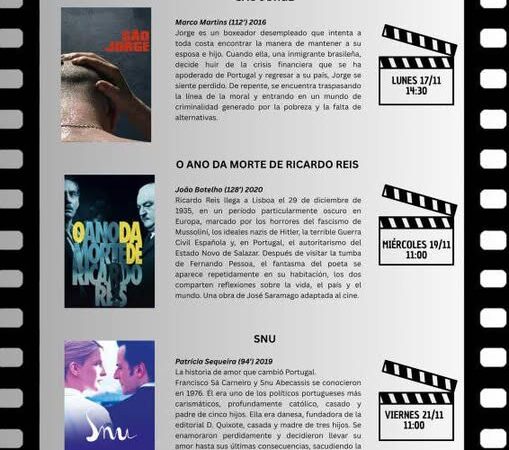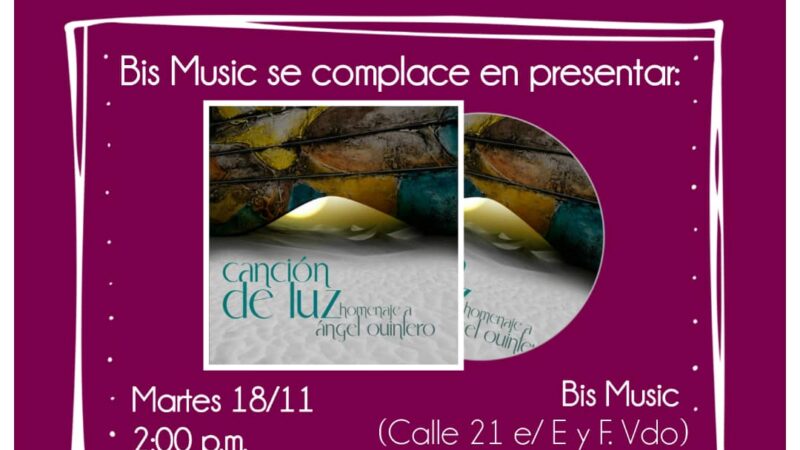Raquel Revuelta: Fire and Mastery on the Cuban Stage

In the annals of the largest island in the Antilles, few names shine as brightly as Raquel Revuelta’s. Her life and legacy remain inseparable from the very evolution of Cuban theater and cinema. As an actress, teacher, and director, she was far more than a performer—Revuelta embodied the passions, contradictions, and aspirations of an entire era. Her formidable talent and unwavering discipline left an indelible legacy that continues to inspire generations of Cuban artists.
Born in Havana on November 14, 1925, into a family steeped in the dramatic arts—daughter of actors Silvia Planas and Vicente Revuelta, and sister to the renowned Vicente Revuelta—her destiny was practically written on the stage. At just eleven, she began her journey in radio programs like La Corte Suprema del Arte and La Escala de la Fama, both designed to spotlight emerging talent. This early hands-on experience nurtured a profound and lifelong passion for her art.
From the outset, her artistic vocation was coupled with a progressive social conscience. As a teenager in 1941, she co-founded Teatro Popular, a project dedicated to bringing the performing arts to working-class audiences. Around the same time, she joined radio station 1010 of the Popular Socialist Party and became a member of the Sociedad Cultural Nuestro Tiempo, a hub for the most committed artists and intellectuals of her day. Her first major triumph came in 1947 with Nada menos que todo un hombre, which earned her the Talía Award for Best Actress. Yet it was 1956’s title role in Juana de Lorena that launched her to national prominence and secured her place among Cuba’s most respected actresses.
The year 1958 proved pivotal not only for Revuelta, but for Cuban theater at large. Alongside her brother Vicente, Sergio Corrieri, and other artists, she co-founded Teatro Estudio. Their inaugural production, Long Day’s Journey into Night by Eugene O’Neill, became a cultural sensation, remaining on stage for months and garnering four awards from the Association of Theater and Film Reporters. Critics hailed it as “the most fruitful theatrical experience and one of the great moments of twentieth-century Cuban theater.”
Teatro Estudio would go on to become one of Cuba’s most emblematic theater companies, beloved for its rich repertoire. Under Revuelta’s leadership, the group staged Cuban authors—nearly half its productions—as well as Spanish classics, cutting-edge contemporary works, and pieces from Latin America and the socialist world, including those of Bertolt Brecht, Vladimir Mayakovsky, and Maxim Gorky. The company’s 1959 premiere of The Good Person of Szechwan by Brecht marked a milestone, introducing local audiences to the celebrated German playwright. For nearly forty years, Revuelta guided Teatro Estudio with rigor, vision, and an unwavering commitment to artistic excellence, shaping generations of Cuban actors.

Though theater was her ultimate passion, Revuelta’s powerful presence also graced Cuban cinema and television. She debuted in film in 1953, later appearing in essential national works such as Soy Cuba (1964), Lucía (1968), Cecilia (1982), and Un hombre de éxito (1985).
Television, too, benefited from her extraordinary gifts. She headlined two weekly programs and brought unforgettable vitality to roles like Doña Bárbara, in the acclaimed adaptation of Rómulo Gallegos’ novel. Critic Norge Espinosa called her an “unsurpassable Doña Bárbara, whose malice haunts my childhood dreams.” Those who knew her described her as pure fire—always masterfully in command of her expression. This trademark intensity brought every character she touched to life.
Beyond the spotlight, Revuelta was devoted to nurturing Cuba’s next generation of actors. Her achievements as a teacher were every bit as distinguished as her artistic career. She served as a Full Professor at the Instituto Superior de Arte (ISA) and as Dean of its Faculty of Performing Arts. In 1985, the university bestowed upon her the title Doctor Honoris Causa in Arts.
Her teaching style, meticulous and profound, earned her deep respect. Many students praised her precision, technical mastery, and insistence on clear, expressive speech. She never accepted mediocrity, instilling instead a deep love of theater and a lifelong sense of discipline. For her, acting was not just a profession—it was a calling.
As is often the case with towering artistic figures, Revuelta inspired both admiration and controversy. Critic Norge Espinosa described her as “a woman as provocative as great talents tend to be—an artist who, even against her own will, understood her destiny, and came to occupy, above all, the place of Cuba’s most admired actress.”
Raquel Revuelta passed away in Havana on January 24, 2004, yet her spirit inhabits every corner of Cuba’s theatrical and cinematic landscape. For her extraordinary contributions, she earned the nation’s highest honors, including the Order Félix Varela, the Alejo Carpentier Medal, the Distinction for National Culture, and the National Theater Award in 1999.
Her life was defined by absolute devotion to her art—a journey whose final destination is the kind of immortality reserved for those with talent, passion, and a gift for sharing knowledge. Raquel Revuelta, fiery, masterful, and unique, remains forever in the artistic memory of Cuba.
Translated by Luis E. Amador Dominguez
Photo: Cubaactores



